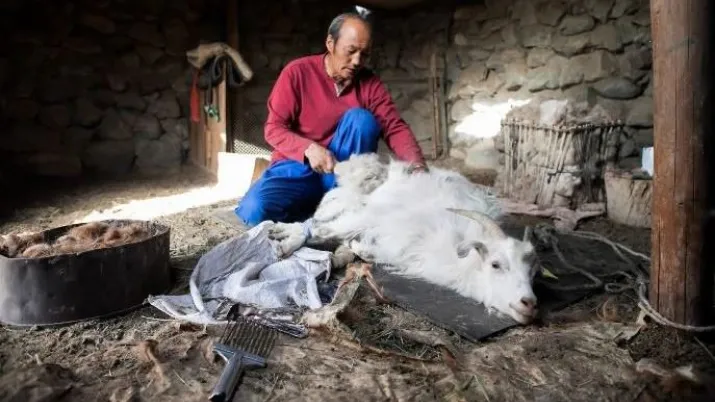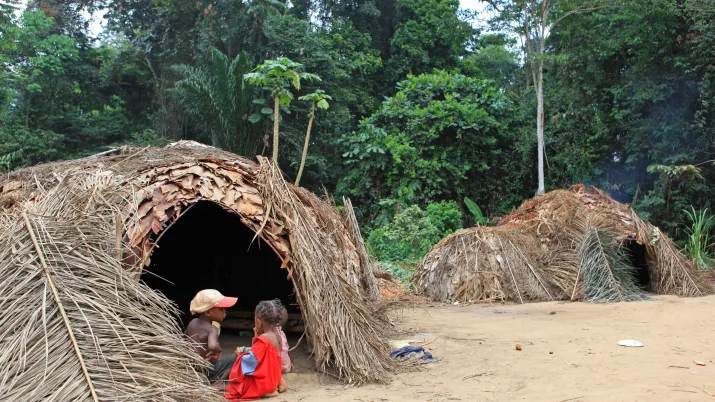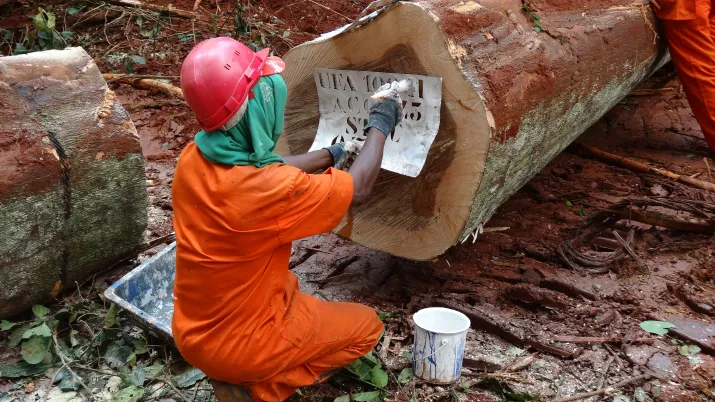Share the page
Support for Climate Innovations from the Private Sector in Developing Countries: Launch of the 4th Call for Projects of the FISP-Climat
Published on
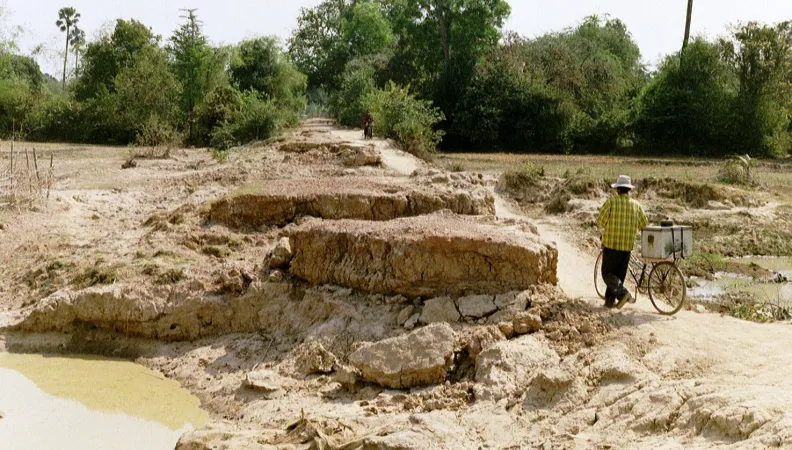
The FFEM is launching the 4th call for projects under its FISP-Climat program to support the private sector in developing climate change-related innovations initiated for the benefit of developing countries.
What is the FISP-Climat ?
The FISP-Climat aims to promote innovations in the climate change sector led by private stakeholders and developed in eligible countries, in partnership with local actors.
A leverage effect is sought through the effective engagement of private sector players, as well as through the mobilization of additional funding from the companies themselves or other investors. FISP-Climat will ensure support for projects with long-term viability. Selected projects must demonstrate lasting integration within the regulatory, economic, social, and cultural context of the host country.
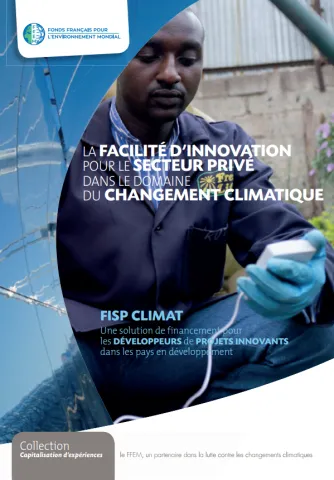
Who can apply to the FISP-Climat 2018 call for projects?
What are the eligibility criteria for projects funded in 2018?
Eligible projects under the FISP-2018 call must mainstream the issue of climate change adaptation across their actions in the beneficiary countries. Projects will be considered as adaptation projects if they contribute to the adjustment of ecological, economic, social and/or human systems in response to current and future climate change and its direct and indirect impacts. Such projects should support the adaptation of processes, practices, structures, or techniques to reduce potential damage caused by climate change effects or to take advantage of potential opportunities it may present.
The following themes are particularly targeted:
- Agriculture and resilient ecosystems
- Resilience planning and climate services
- Climate risk finance and insurance
Projects that incorporate nature-based solutions or generate positive co-benefits for biodiversity will be given priority.
What are the eligible themes ?
The following themes are particularly targeted:
- Agriculture and resilient ecosystems
- Resilience planning and climate services
- Climate risk finance and insurance
Projects that include nature-based solutions or generate positive co-benefits for biodiversity will be given priority.
Cross-cutting approaches covering multiple themes are also eligible, as well as sustainable development or climate change mitigation projects that generate co-benefits in terms of climate change adaptation or include an adaptation component.
What are the geographical areas eligible ?
The eligible geographical areas, in order of priority, are:
- Least Developed Countries (LDCs)
- Countries in the Africa and Mediterranean region
- Other developing countries

